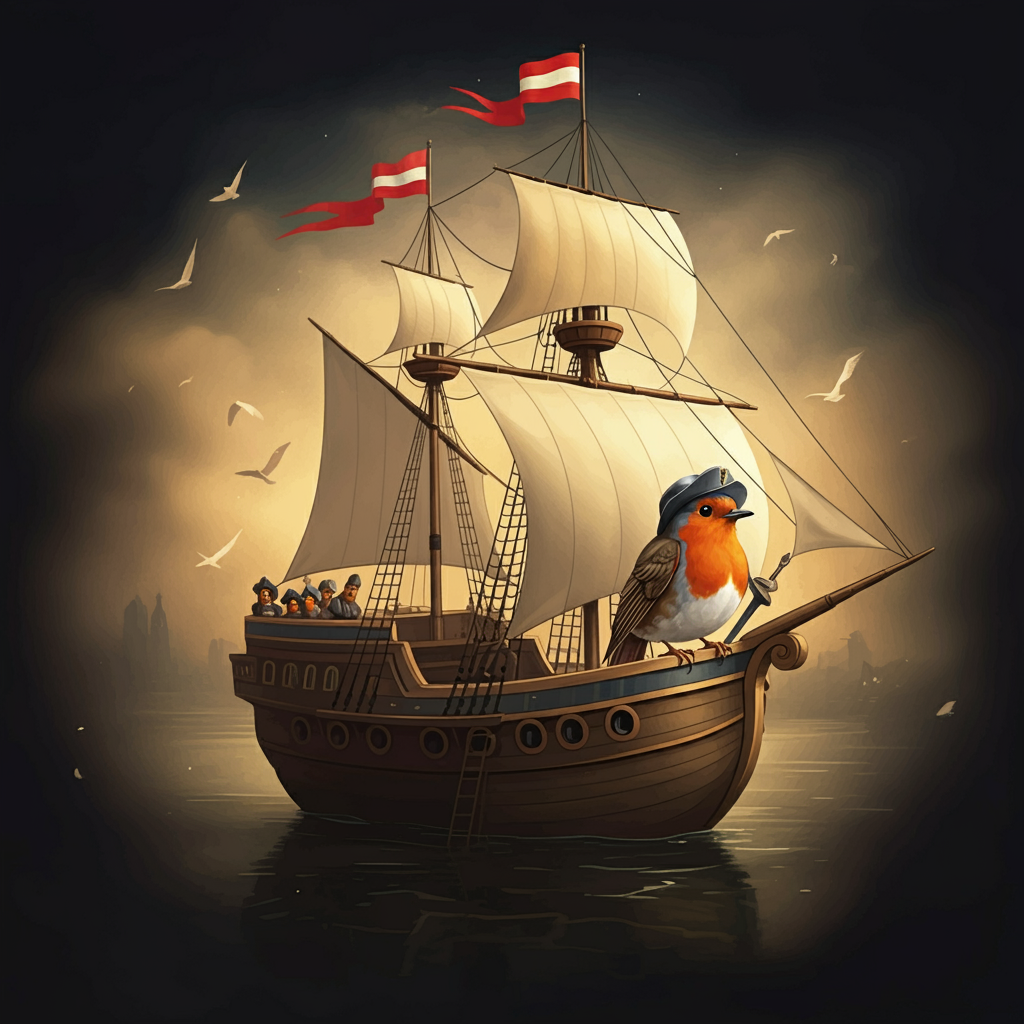Christopher Columbus Day, observed on the second Monday of October, commemorates the landing of Christopher Columbus in the Americas in 1492. This day has been celebrated in various forms since as early as the 18th century and became a federal holiday in the United States in 1937. The day is often seen as a celebration of Italian-American heritage and Columbus's achievements as an explorer. However, the legacy of Columbus Day is fraught with controversy due to the historical impact of Columbus's voyages on indigenous peoples.
The Historical Significance of Columbus Day
Christopher Columbus, an Italian-born explorer, set sail in August 1492, backed by the Spanish monarchs King Ferdinand and Queen Isabella. His mission was to chart a western sea route to China, India, and the fabled gold and spice islands of Asia. Instead, he landed in the Bahamas, marking the first European exploration of the Americas since the Vikings' colonies in Greenland and Newfoundland during the 10th century.

Celebrations and Observances
Columbus Day celebrations include parades, religious ceremonies, and other community events. These festivities often highlight Columbus's role as a brave navigator and the opportunities his voyages created for European exploration and colonization of the New World.
The Controversy Surrounding Columbus Day
The controversy over Columbus Day stems from the adverse effects of Columbus's arrival on the native populations. Historical records indicate that Columbus and his men enslaved many Indigenous inhabitants of the West Indies and subjected them to extreme violence and brutality. The forced labor policies, the violent suppression of native unrest, and the introduction of new diseases had devastating effects on the indigenous populations.
In recent years, there has been a growing movement to re-evaluate the celebration of Columbus Day. Critics argue that honoring Columbus perpetuates a narrative that overlooks the suffering of indigenous peoples and the long-term consequences of European colonization. This has led to the proposal and adoption of alternative observances, such as Indigenous Peoples' Day, which aims to honor the history and culture of native populations.
Educational Perspectives
Educators and historians are increasingly exploring the complexities of Columbus's legacy, discussing the violent abuse of indigenous peoples, the initiation of the transatlantic slave trade, and the introduction of diseases to the Americas. This nuanced conversation is part of a broader effort to provide a more balanced and accurate portrayal of historical events.
Conclusion
The history and controversy of Christopher Columbus Day reflect the ongoing struggle to reconcile the celebration of exploration and discovery with the recognition of the darker aspects of colonial history. As society continues to grapple with these issues, Columbus Day remains a topic of debate and reflection, prompting discussions about history, heritage, and the narratives we choose to honor.
For a more detailed exploration of the history and controversy surrounding Columbus Day, you can visit the comprehensive articles provided by history and other educational resources.




















